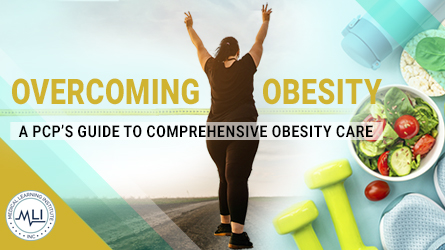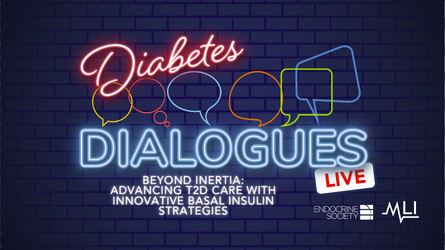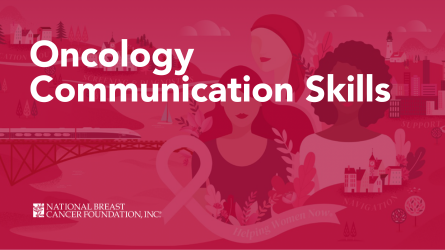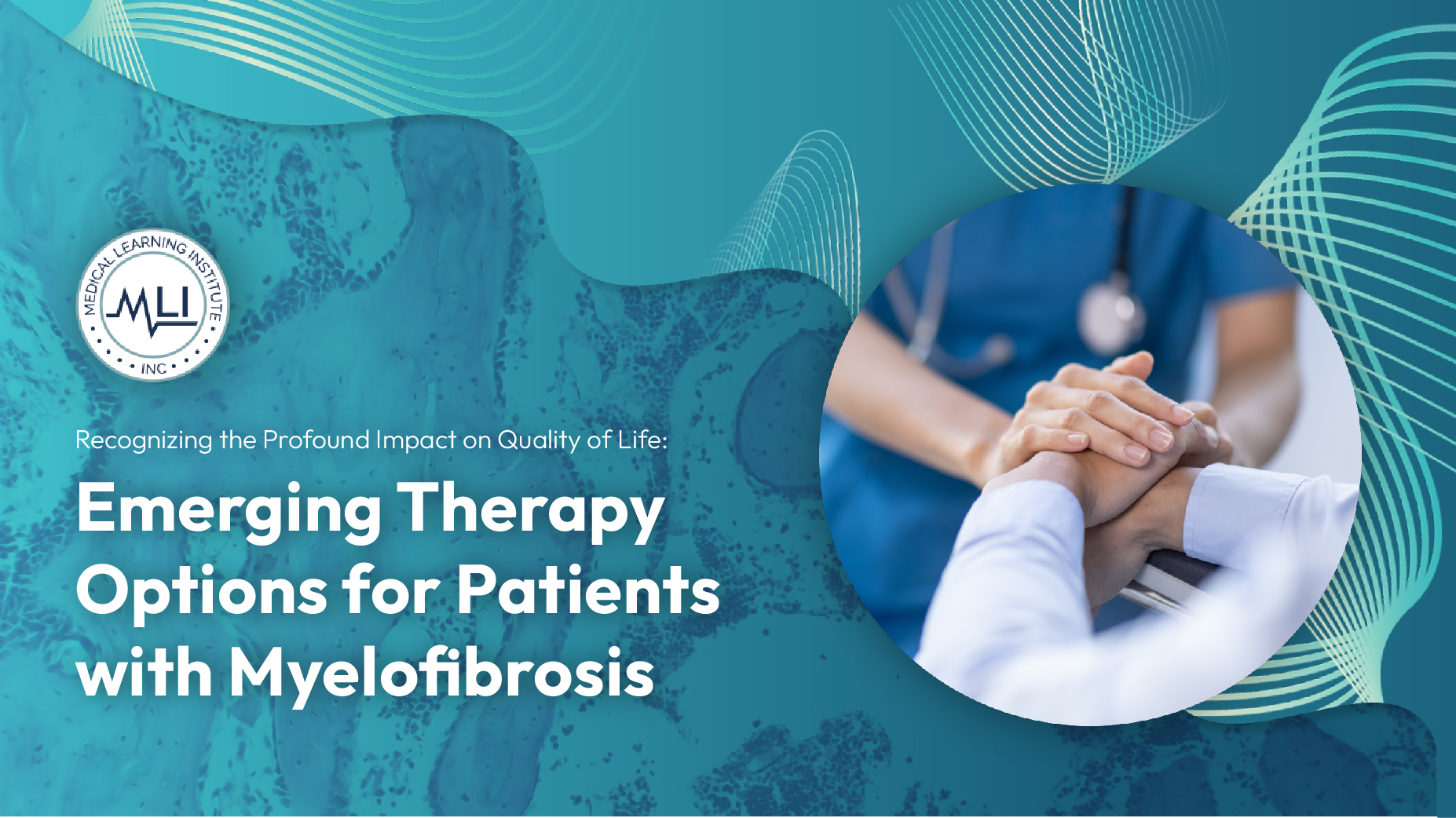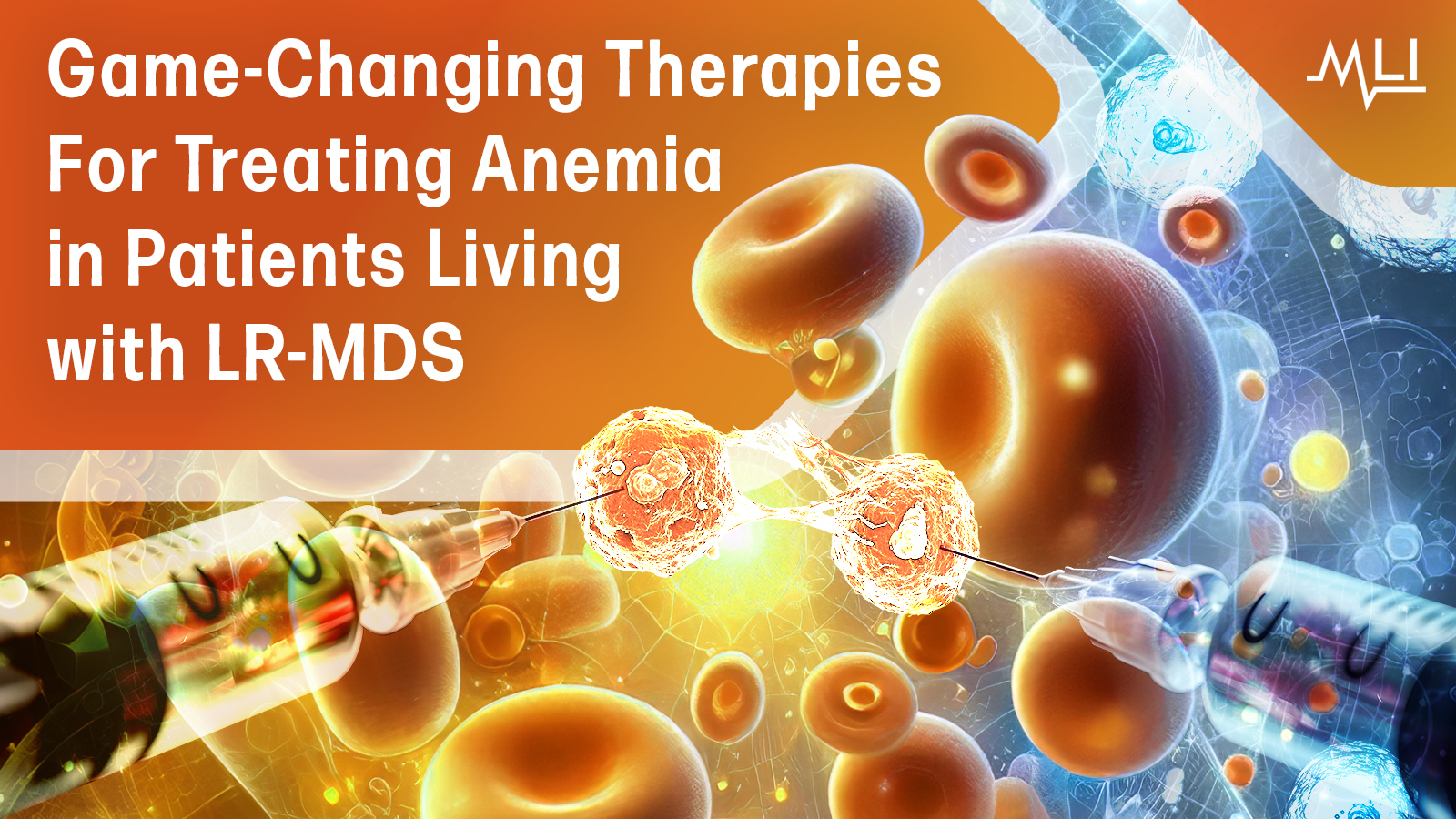- On-Demand
Recognizing the Profound Impact on Quality of Life: Emerging Therapy Options for Patients with Myelofibrosis
- Credit: 1.0hr(s)
- ILNA, NCPD
- July 15, 2024 —
- June 14, 2025
- Therapeutic Areas: Chronic Lympoblastic Leukemia (CLL), Hematologic Oncology, Hematology, Oncology
- Specialties: Myelofibrosis
- Location: Internet Activity Enduring
In this combined enduring and live ONS chapter meeting activity, Recognizing the Profound Impact on Quality of Life: Emerging Therapy Options for Patients with Myelofibrosis, learn from expert faculty to effectively identify how JAK inhibitors and emerging treatments for myelofibrosis (MF) optimize clinical outcomes by improving overall patient quality of life (QOL). Learners will first participate in an enduring online program on the following topics: patient risk and drug mechanisms of action for effective treatment and management, gaps in MF care that influence patient QOL, disease- and treatment-related adverse events, trust with patients to improve outcomes and QOL, shared decision-making and the unique role of multidisciplinary teams. After completion of the enduring program, learners will have the opportunity to network with expert faculty at select live ONS chapter meetings at which time they will discuss various case studies regarding treatment selection and patient QOL. Learners will also participate in discussion questions and have time for one-on-one interaction with faculty and others nursing professionals.



